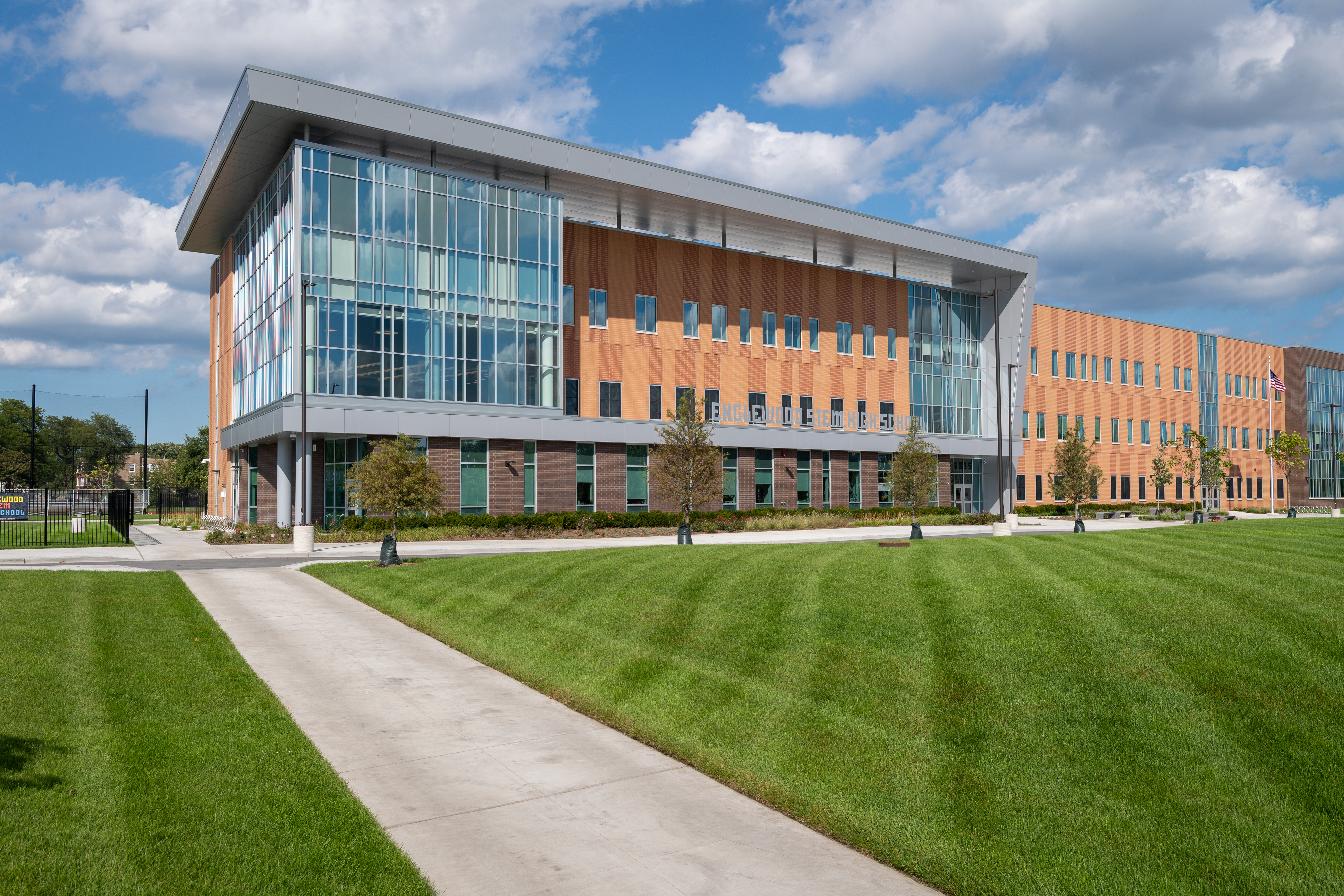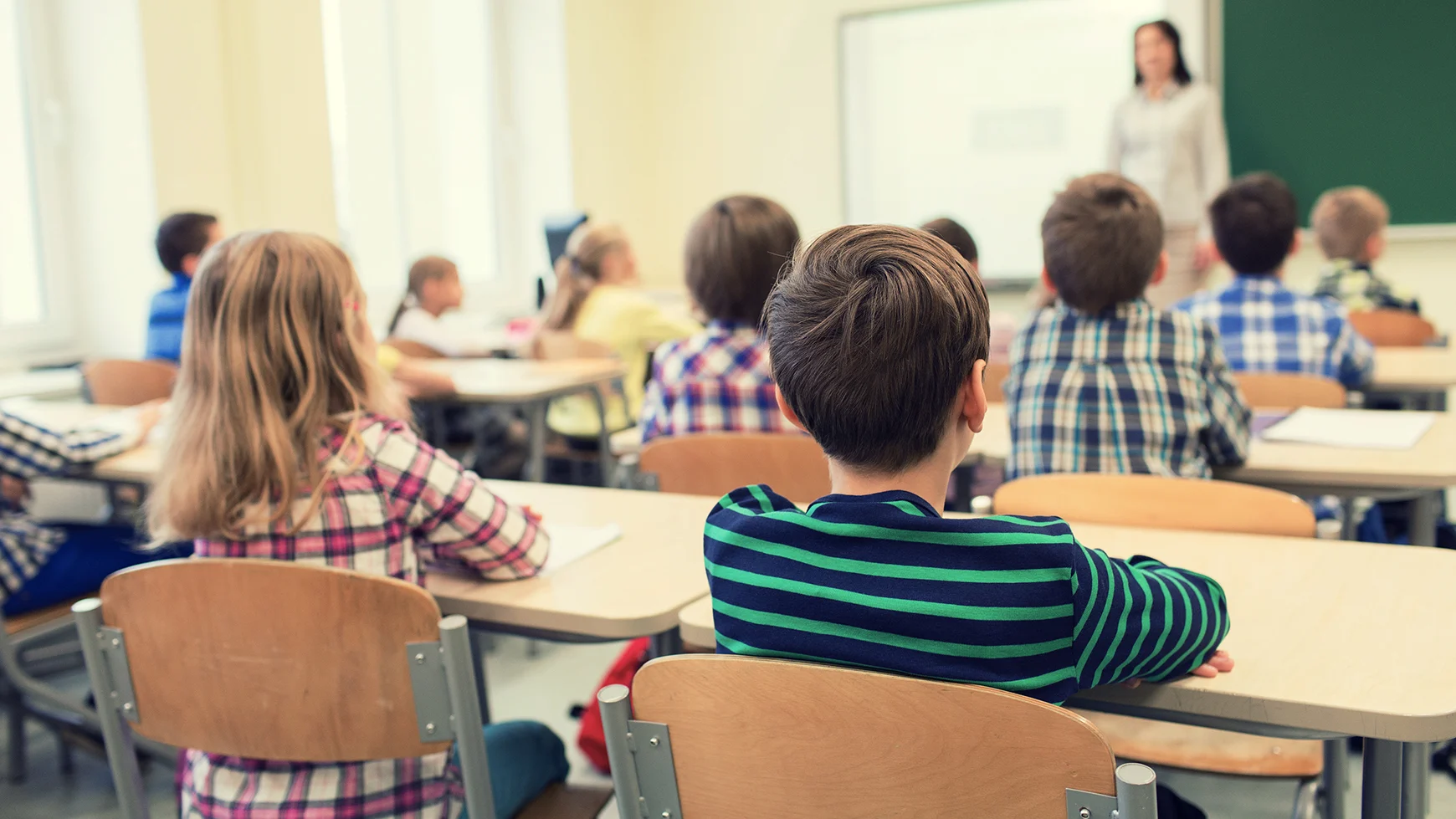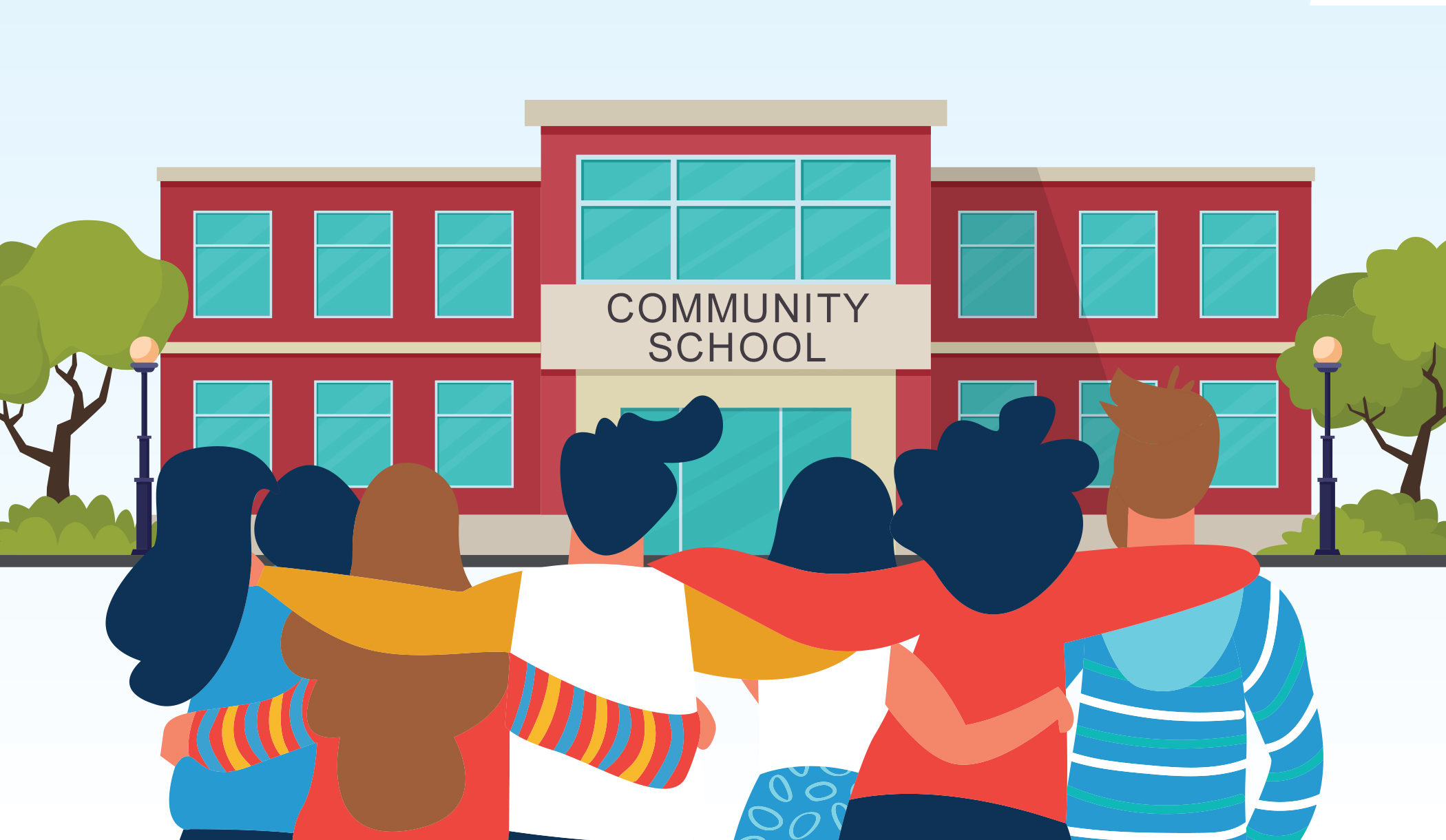Why It's Essential to Rally Together to Save Temecula Schools
Why It's Essential to Rally Together to Save Temecula Schools
Blog Article
Understanding the Value of Institutions in Child Advancement and Neighborhood Growth
Colleges' engagement with local communities via service-learning efforts reinforces the bond in between family members and academic institutions. This cooperative connection highlights the significance of institutions in supporting energetic citizenship and long-lasting discovering habits.
Academic Achievement
Academic achievement serves as a keystone of child advancement, offering the foundation upon which future understanding and success are constructed. Schools play a crucial function in fostering this scholastic growth, using structured settings where youngsters can acquire essential expertise and cognitive skills. Standard educational program make sure that students gain effectiveness in core topics such as mathematics, scientific research, and language arts, which are important for both college and professional possibilities.
In addition to passing on basic academic abilities, schools also cultivate critical thinking, analytical abilities, and intellectual interest. These cognitive proficiencies are vital for browsing complex real-world circumstances and adjusting to the ever-evolving demands of the modern office. Educators, as facilitators of knowing, use diverse instructional approaches to accommodate different learning designs, consequently taking full advantage of specific student possibility.
Furthermore, scholastic success is very closely linked to self-esteem and inspiration. Children who experience academic success are a lot more most likely to develop a positive self-concept and a lifelong interest for learning. Schools likewise provide numerous resources, such as libraries and modern technology, which better boost the instructional experience and prepare students for a technically sophisticated culture.
Social Ability Growth
Beyond academic accomplishment, the function of schools in social ability advancement is indispensable. Schools work as a primary location for kids to learn and exercise vital social abilities such as problem, participation, and interaction resolution. In the organized environment of a classroom, pupils engage with peers, instructors, and various other institution staff, offering many opportunities to establish these critical capacities.
Efficient social ability development in institutions is facilitated through team activities, collaborative tasks, and extracurricular programs. These communications assist students recognize social norms, build compassion, and foster a sense of neighborhood. For example, team tasks educate trainees how to function with each other towards an usual goal, listen to different viewpoints, and browse differences constructively.

The farming of social skills throughout academic year lays a structure for future individual and professional partnerships. Save Temecula Schools. As trainees grow, the ability to successfully interact and collaborate comes to be progressively vital, highlighting the institution's crucial role in all natural youngster development
Exposure to Variety
Exposure to variety in colleges is essential to promoting a comprehensive frame of mind and expanding trainees' perspectives. Schools work as a microcosm of the more comprehensive culture, and encountering varied societies, languages, and socioeconomic backgrounds within this atmosphere equips pupils with essential abilities for browsing an increasingly globalized world. This exposure encourages empathy, decreases bias, and advertises shared respect among peers.
Research study indicates that students who interact with peers from diverse backgrounds display far better analytical skills and creative read here thinking. This understanding of diversity prepares trainees for future work environments that value modern competence - Save Temecula Schools.

Neighborhood Engagement
The advantages of diverse classrooms prolong beyond the school walls, cultivating a solid feeling of neighborhood involvement amongst students. By communicating with peers from numerous cultural, socioeconomic, and ethnic histories, students gain a more comprehensive point of view and an admiration for diversity. This direct exposure urges them to come to be energetic people that want to add positively to their communities.
Institutions that emphasize community interaction often incorporate service-learning jobs, which permit students to resolve real-world issues while applying academic skills. These jobs not just improve pupils' understanding of their coursework however additionally impart a sense of responsibility and empathy. Moreover, collaborations check my reference between schools and local companies provide pupils with opportunities to take part in area occasions, additionally strengthening their role as aggressive neighborhood members.
In addition, parental and neighborhood involvement in schools reinforces the bond in between educational organizations and the communities they offer. With these efforts, institutions play a critical role in nurturing neighborhood involvement and cultivating social development.
Lifelong Knowing Routines
Establishing lifelong knowing routines is essential for a child's continuous development and adaptability in an ever-changing world. Schools play a critical function in instilling these habits by creating an environment that fosters curiosity, essential thinking, and a love for understanding. With extracurricular activities and diverse curricula, educators urge pupils to check out various subjects, analyze information seriously, and apply their learning to real-world situations.

Moreover, institutions give an organized environment where kids can create self-control and time management abilities, both of which are essential for continuous understanding. By highlighting the significance of setting objectives, mirroring on progress, and adapting techniques, schools prepare pupils to browse the intricacies of grown-up life, ensuring they continue to be lifelong learners and factors to culture.
Verdict
Finally, colleges are vital in promoting kid growth and area development by supplying settings helpful to scholastic success, social ability growth, and direct exposure to variety. Via joint jobs and communications, institutions enhance crucial thinking, empathy, and interaction skills. Neighborhood interaction initiatives additionally enhance the bond between educational institutions and neighborhood communities. Ultimately, institutions cultivate lifelong knowing habits, equipping individuals with the essential understanding and skills to contribute favorably to society.
In the organized environment of a class, pupils communicate with peers, educators, and other click here to find out more institution staff, using various possibilities to develop these important abilities.
In essence, exposure to variety within colleges not only enhances specific students yet likewise reinforces the social fabric of the neighborhood as a whole.
The advantages of varied classrooms extend beyond the college wall surfaces, fostering a strong sense of neighborhood involvement among trainees.Colleges that stress community engagement typically include service-learning tasks, which allow students to deal with real-world issues while using scholastic abilities. Collaborations between schools and regional companies provide students with chances to take part in area occasions, better strengthening their duty as aggressive area participants.
Report this page